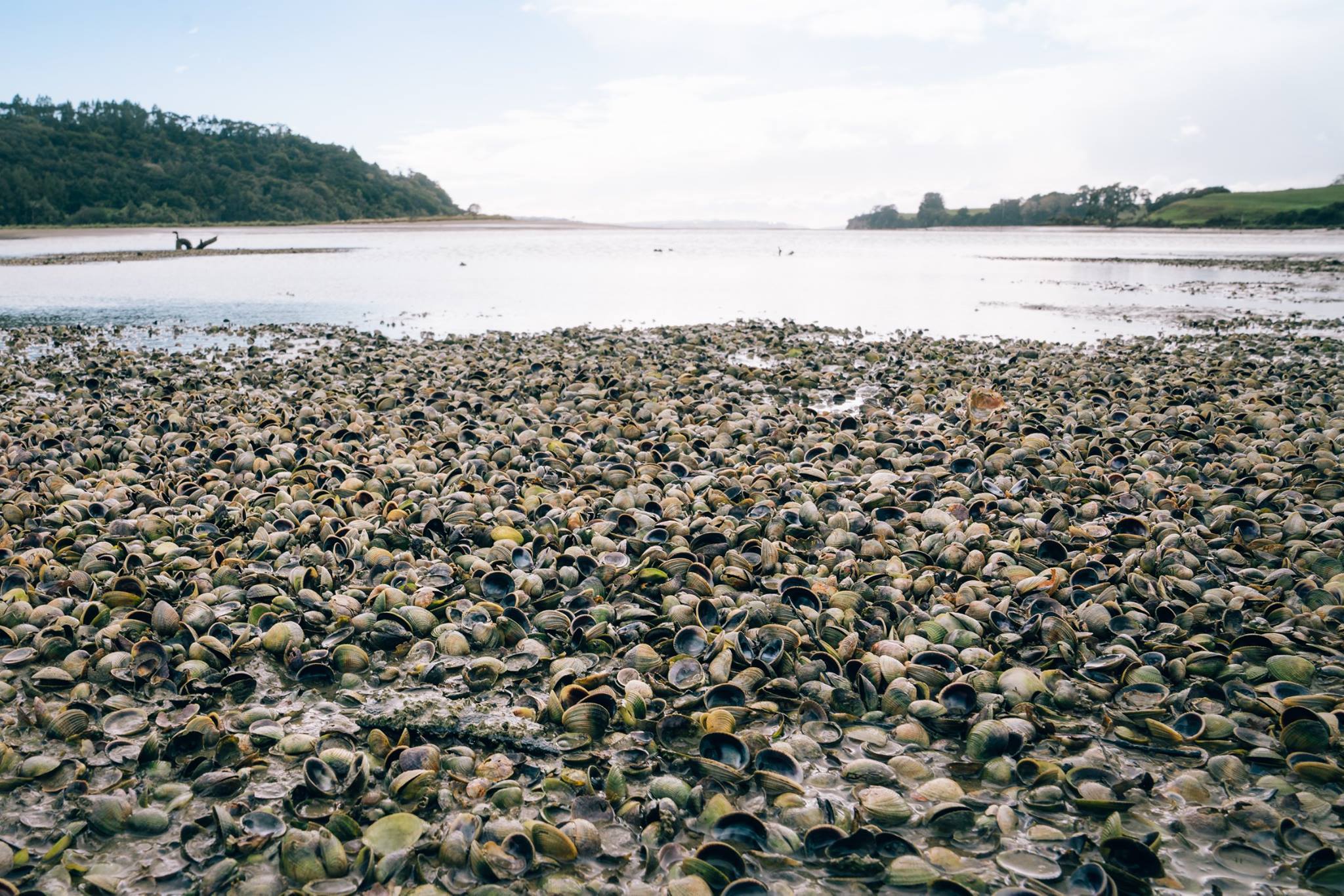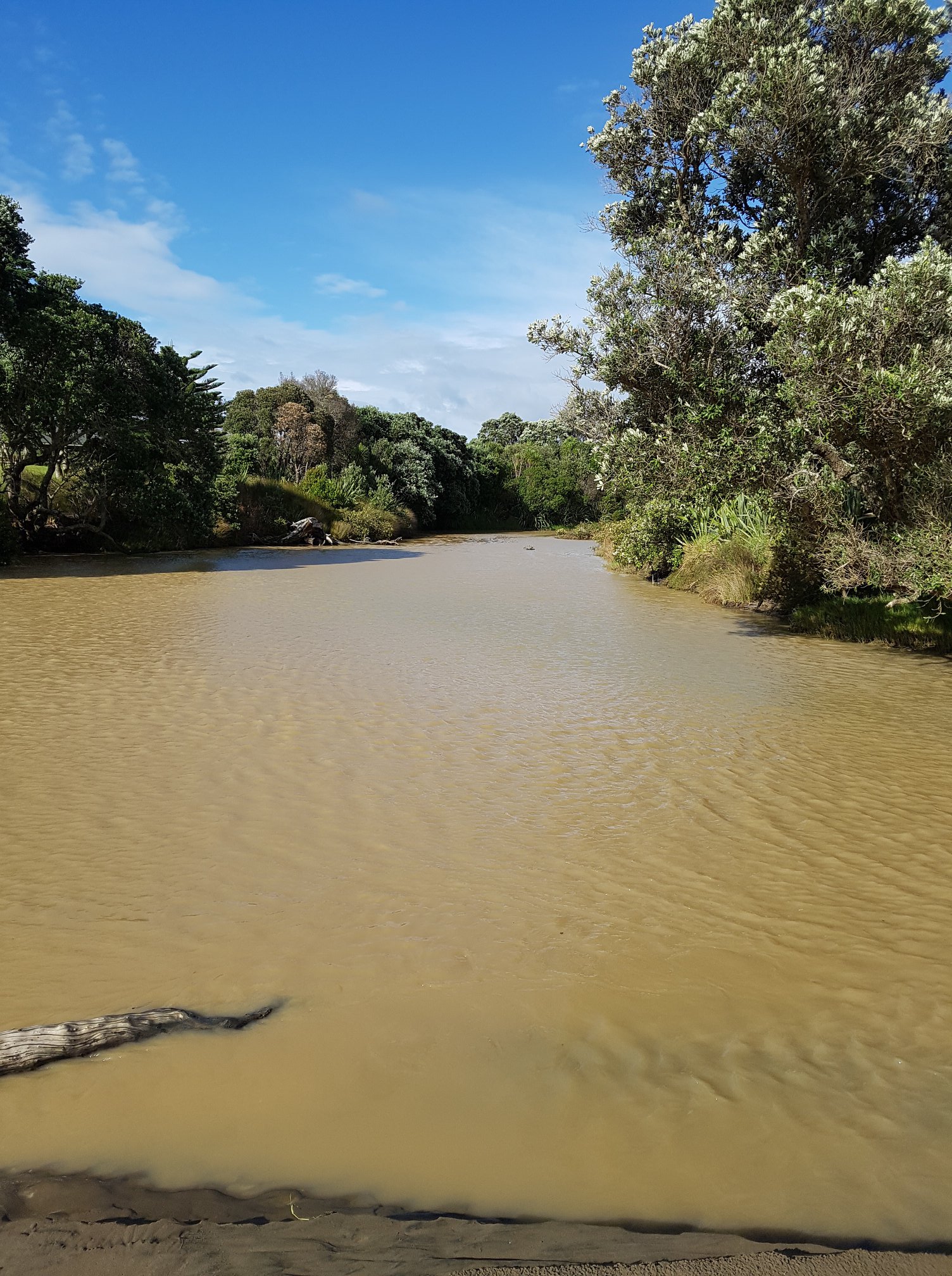The battle for Okura
The New Zealand Institute of Landscape Architects president, Brad Coombs, says the ongoing legal battles around housing developments in Okura, Auckland, highlight the inherent tension between providing efficient housing and transport solutions for a rapidly growing city, and the need to protect our most special natural landscape values.
Todd Property is appealing an Environment Court decision blocking a $1.4 billion, high-density housing development in Okura, right next to a marine reserve. The group, one of the country’s largest property developers, owns a 130 ha chunk of land at Okura, near Long Bay on Auckland's North Shore.
The Okura Estuary is on Auckland's North Shore and is an important wildlife habitat. Photo credit: Geoff Reid, Photographer and Environmentalist.
Todd Property went to the Environment Court last year, asking it to move the rural urban boundary near the Okura Estuary, after Auckland Council refused permission for the housing project. But in a 200 page decision the court rejected the idea, saying the estuary was an important habitat for avifauna in Auckland and the wider coastal environment. "We have found that it is inevitable that increased human activity in the vicinity of the Estuary arising from urbanisation of the Okura Holdings Ltd (OHL) land will have significant adverse effects on bird life in the estuary," the court said. (OHL is a subsidiary of Todd Property)
Now Todd Property is trying the High Court to get the green light for the project. “We are concerned with some elements of the decision, and believe there are fundamental matters of law that require further consideration by the courts,” managing director Evan Davies said.
The Long Bay Okura Great Park Society claims OHL is disregarding the special values of the estuary. Photo credit: Geoff Reid, Photographer and Environmentalist.
Long Bay Okura Great Park Society convenor, Pat Baskett, dismissed the company’s latest action as a “relentless drive for profit. It’s sacrilege that (OHL) has yet again decided to disregard the special values of the Long Bay Okura Marine Reserve and its surrounds. This is an area that is precious to the people of Auckland and yet OHL disrespects that.”
In making its decision the Environment Court said it had considered Auckland Council’s Unitary Plan and objectives and policies relevant to marine and birdlife. "We were not confident that the OHL proposal would protect marine ecology from adverse effects as required by the objectives and policies and have identified the need to take a precautionary approach in that regard.
The Environment Court said it was not confident OHL would protect the Okura Estuary's marine ecology. Photo credit: Geoff Reid, Photographer and Environmentalist.
"We have found that the OHL proposal does not protect avifauna in the Estuary as required by the objectives and policies," it said. "We have identified that in their assessment of effects of the OHL proposal on natural character and landscape values, OHL and its advisers failed to take a broad overview of the aggregated qualities of the Estuary and what we somewhat cautiously identified as the distinctive sense of place and special character qualities of the Estuary and its high vulnerability to potential adverse effects of urban development."
NZILA president Brad Coombs adds, "The Okura Environment Court Decision highlights the need to focus the intensification of existing residential neighbourhoods as well pushing out the urban limits to accommodate the rapidly growing city."


